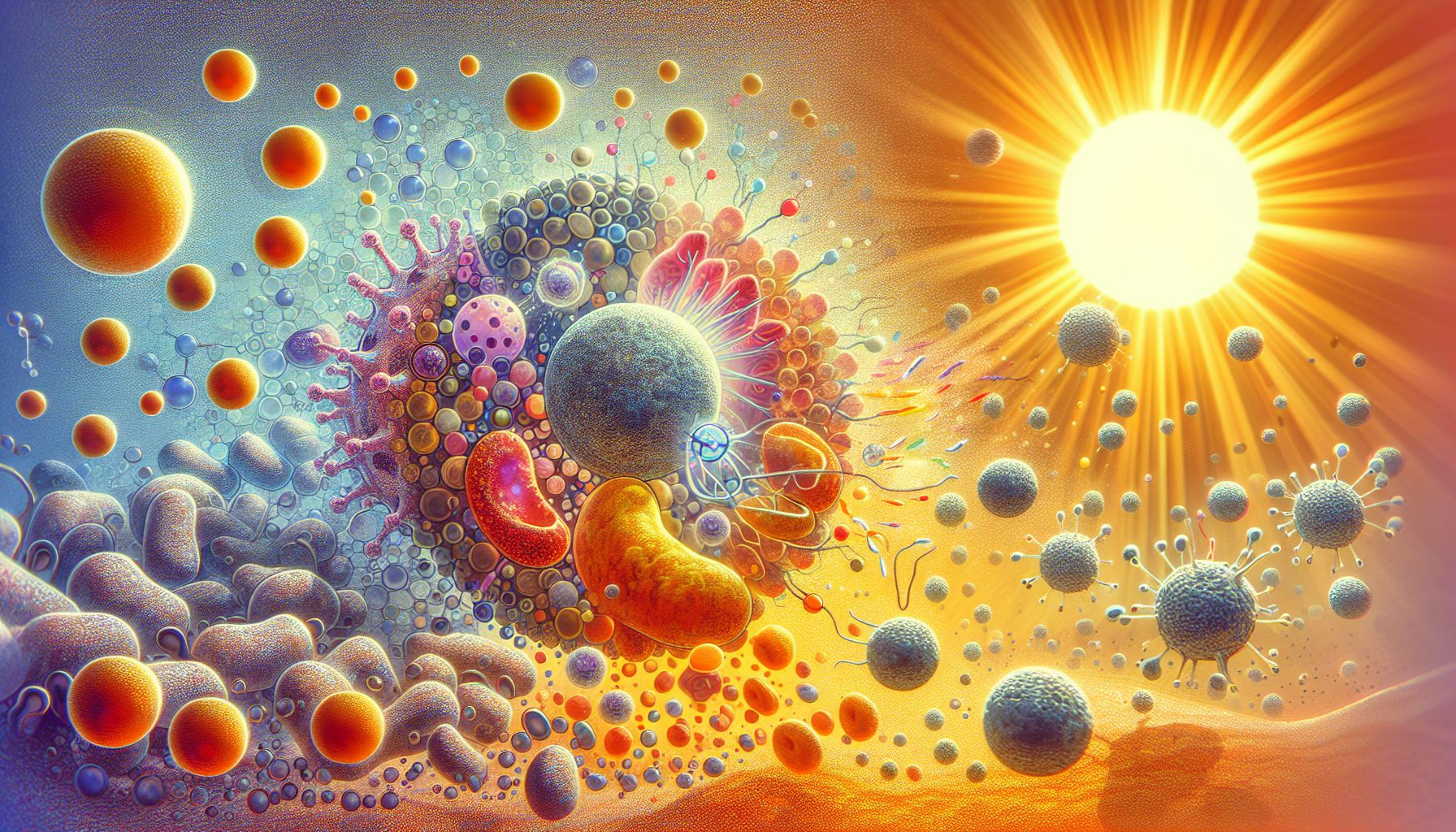Breakthrough in Cancer Immunotherapy: TU Delft's Nanoparticle Research

Eindhoven, Wednesday, 31 July 2024.
Scientists at TU Delft have developed biodegradable nanoparticles that activate white blood cells in the spleen to combat cancer. This innovative approach, described as a ‘textbook example of nanomedicine,’ could lead to more effective and safer cancer treatments within two decades.
Collaborative Effort in Nanomedicine
The latest findings from TU Delft are the result of an international collaboration involving over thirty scientists from the Eindhoven University of Technology (TU/e). Led by Professors Jan van Hest and Willem Mulder, this team has meticulously examined the behavior of biodegradable nanoparticles, known as polymersomes, which are designed to activate the immune system in a targeted and controlled manner.
Understanding Polymersomes
Polymersomes are nanoparticles made from biodegradable polymers. These spherical particles have the ability to accumulate in the spleen, where they are absorbed by white blood cells of the innate immune system. In laboratory settings, various polymersome variants have been tested for their efficacy in stimulating these white blood cells. The research, detailed by Dr. Annelies Wauters and PhD candidate Jari Scheerstra, has shown that these polymersomes can effectively deliver cancer drugs to white blood cells, triggering a significant immune response against tumor cells.
Mechanism of Action
The breakthrough lies in the precise delivery and activation mechanism of these nanoparticles. Once the polymersomes reach the spleen, they release their payload to the white blood cells. This targeted activation ensures that the immune response is both timely and localized, reducing the risk of harmful side effects often associated with broader immune system stimulation. The research underscores the importance of understanding the in vivo behavior of these particles to optimize their therapeutic potential.
Implications for Future Cancer Treatments
The successful activation of the innate immune system’s white blood cells in the spleen represents a significant advancement in cancer immunotherapy. The researchers at TU Delft believe that this method could pave the way for a new generation of cancer treatments that are more effective and safer for patients. The findings suggest that within the next two decades, these nanomedicine-based therapies could become a cornerstone of cancer treatment, offering hope for improved patient outcomes.
Next Steps in Research
Moving forward, the research team aims to further refine the polymersome technology and conduct extensive clinical trials. The goal is to develop a robust therapeutic protocol that can be widely adopted in clinical settings. This ongoing research will involve close collaboration with medical institutions and regulatory bodies to ensure the safety and efficacy of the new treatment methods. The scientists are optimistic that their work will lead to groundbreaking advancements in the field of cancer therapy, providing new hope for patients worldwide.

